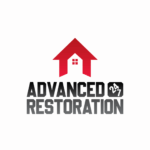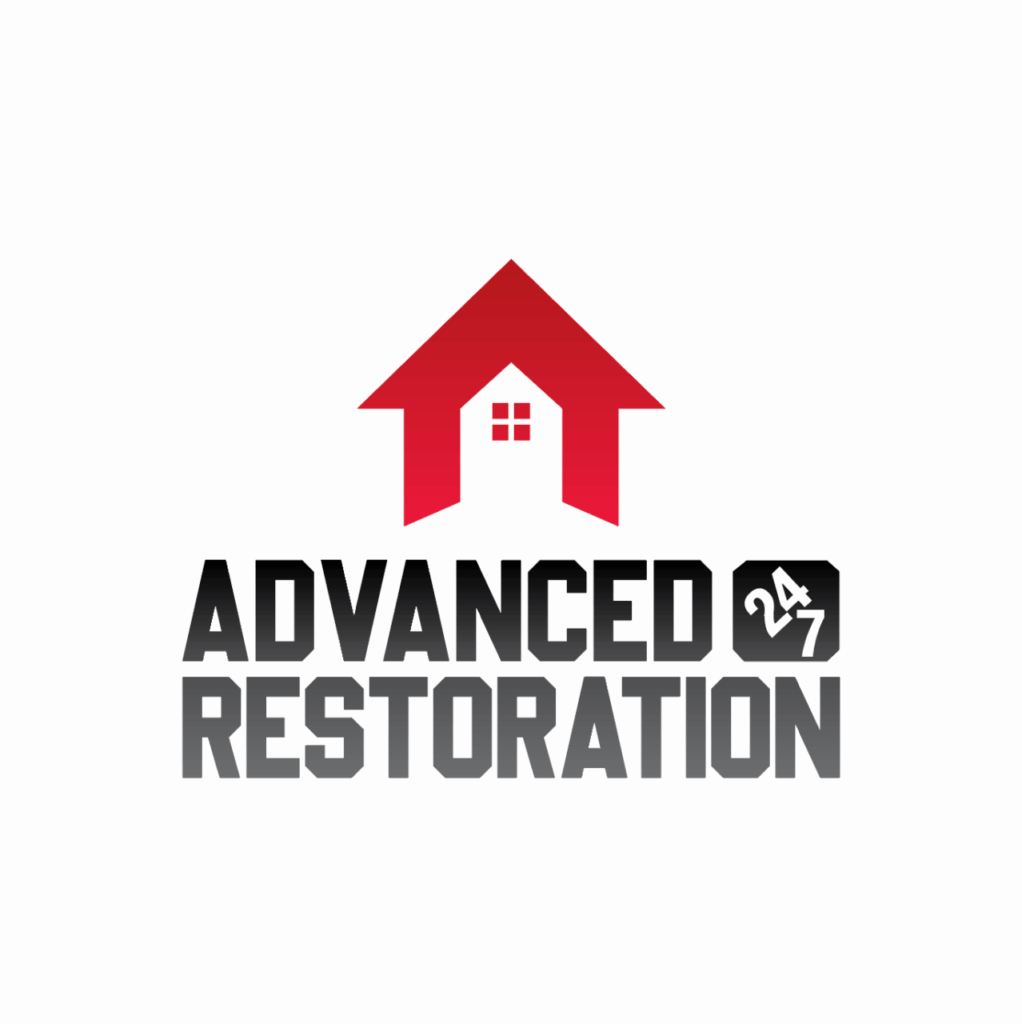No matter where it comes from, flood damage can devastate a business owner or a homeowner. Floors can buckle when pipes break, roofs leak, or basements flood, and drywall and insulation get soaked. While a flood can be a dramatic, flash event, water damage from burst pipes can be more insidious. Unseen damage can develop slowly from a small drip hidden behind a wall, growing and expanding unnoticed until a ceiling falls in or a wall collapses.
What Is Water Mitigation?
If you have a water emergency, you’ll need fast water mitigation, which is the process of reducing or preventing the damage caused by water after a flood, leak, or burst pipe. Water mitigation differs from water restoration in that water mitigation is an immediate response to a water emergency to lessen the damage, and water restoration happens after damage has occurred.
What is the Water Mitigation Process?
Water mitigation involves quick intervention to lessen potential water damage, quickly remove standing water, dry out affected areas, and prevent mold growth or structural damage. Many common misconceptions regarding water mitigation exist, including the thought that if it looks dry, it is dry — nothing could be further from the truth. Here is the process for prompt water mitigation.
Assessment and Inspection: Water mitigation specialists will asses the current damage and inspect how and where the water is coming in. This is where the leak or flood causes are mitigate or stopped to prevent further damage.
Water removal and extraction: Water mitigation equipment removes standing water and begins drying. This is especially important with wood floors and carpets.
Drying and dehumidifying: Industrial blowers and air movers dry out the area. This step can take a few days, and the area must completely dry out.
Cleaning and disinfecting: Once dry, the area must be cleaned, disinfected, and treated for mold potential.
Prepare for repairs and restoration: The final step is rebuilding and preparing for the repairs and restoration.
Act Quickly to Prevent Further Water Damage
You might be caught off guard by a sudden flood or broken pipe, but you must act quickly before the damage worsens. Unattended water will continue creeping further and further into your structure. If you wait too long, mold can start growing, which can be difficult to remove once it starts. Furthermore, seeping and creeping water can enter your structure and cause wet beams and compromised foundations.
Waiting to mitigate water damage can make it more challenging to deal with an insurance claim later. For example, an insurer might refuse to pay for damages if you didn’t respond quickly, or they can refuse to pay damages after a certain amount of time, such as 6 hours or less.
Professional Water Mitigation Company vs DIY
If you don’t have the correct skills and equipment to mitigate your water damage, you could open yourself up to more damage, disappointment, and frustration. A minor clean-up, such as a drip under a sink, might be okay. But, only if it’s been caught early enough and hasn’t spread. If the water infiltration is severe, and you try to go it alone, you open yourself up to improper handling of mold, incomplete drying, and electrical hazards.
On the other hand, professionals like Advanced 24/7 Restoration are trained and certified experts. They use industrial equipment and have proper insurance to back them up if anything goes wrong.
The Cost of Water Damage Mitigation
If you’ve suffered a water event in your home or business, one of your first thoughts is the expense. Water damage from a flood or leak isn’t always apparent, and a water restoration specialist might need to trace a leak into walls or flooring. Average costs are calculated by severity and square footage, but overall costs vary significantly from situation to situation.
Many factors affect the cost, but here are a few:
Extent of the damage: Large spaces or multiple rooms will be more expensive.
Type of water: If the damage was caused by clear water, it’s less expensive to clean than brown or black water. Sewage backup, for example, is considered black water damage. Gray water is water that comes in from outside.
How long the water has been left standing: Water left standing can cause mold and structural damage. Excess water from a burst pipe, for example, is often the cause.
Materials affected by water: Hardwood floors, drywall, carpet, and insulation take different clean-up levels.
Type of Property: Basements, attics, and crawlspaces complicate the cleaning process.
Access and equipment needs: Tight spaces, limited power availability, or specialty drying commercial-grade equipment will raise costs. This is often the case with a water leak hidden in the rafter or behind a wall.
Labor and location: The Availability of specialists factors into the overall costs. Labor can be a significant cost when repairing roof damage.
Preventative Tips for Homeowners
The most important thing businesses and homeowners can do to prevent flood damage is maintenance, which starts with maintaining plumbing and appliances by making annual checks on each. From there, you can install water alarms or sump pumps, especially if you live in a low-lying area or your home is built on clay, which doesn’t drain well. Lastly, know where your shut-off valve is located. You’d be surprised how many businesses and homeowners don’t know how to shut off their water in an emergency.
Water Mitigation and Water Restoration
When dealing with a water emergency, it’s crucial to act fast by contacting a trusted water restoration company specializing in mitigation and restoration. A reputable restoration company, like Advanced 24/7 Restoration, offers complete water mitigation and restoration, ensuring every step, from emergency water mitigation services to full-scale reconstruction, is handled with care and expertise.
Water Mitigation Services in Denver
If you’ve experienced a flood or major leak in your home or business, you know the event can be devastating and time-consuming to clean up and restore. Advanced 24/7 Restoration is Denver’s premier emergency water mitigation company. Our prompt services set us apart from other companies because we truly operate 24/7. We respond immediately if it’s in the middle of the night or during a storm.
Our water mitigation teams are well-versed in immediately stopping the flood or leak, extracting the water, and drying the area before further damage occurs. If you need Denver’s fastest water mitigation services, send a message or call us at 720-722-4777. We’ll respond right away. Your emergency is our emergency!
Advanced 24/7 Restoration’s mission is to provide unparalleled care and support to our valued clients. Delivering the best solutions for your property restoration needs. Our vision is to be the top-rated damage restoration company in Denver, known for our exceptional services, professionalism, and dedication to customer satisfaction. Water damage, fire damage, flood damage, and more.
- This author does not have any more posts


